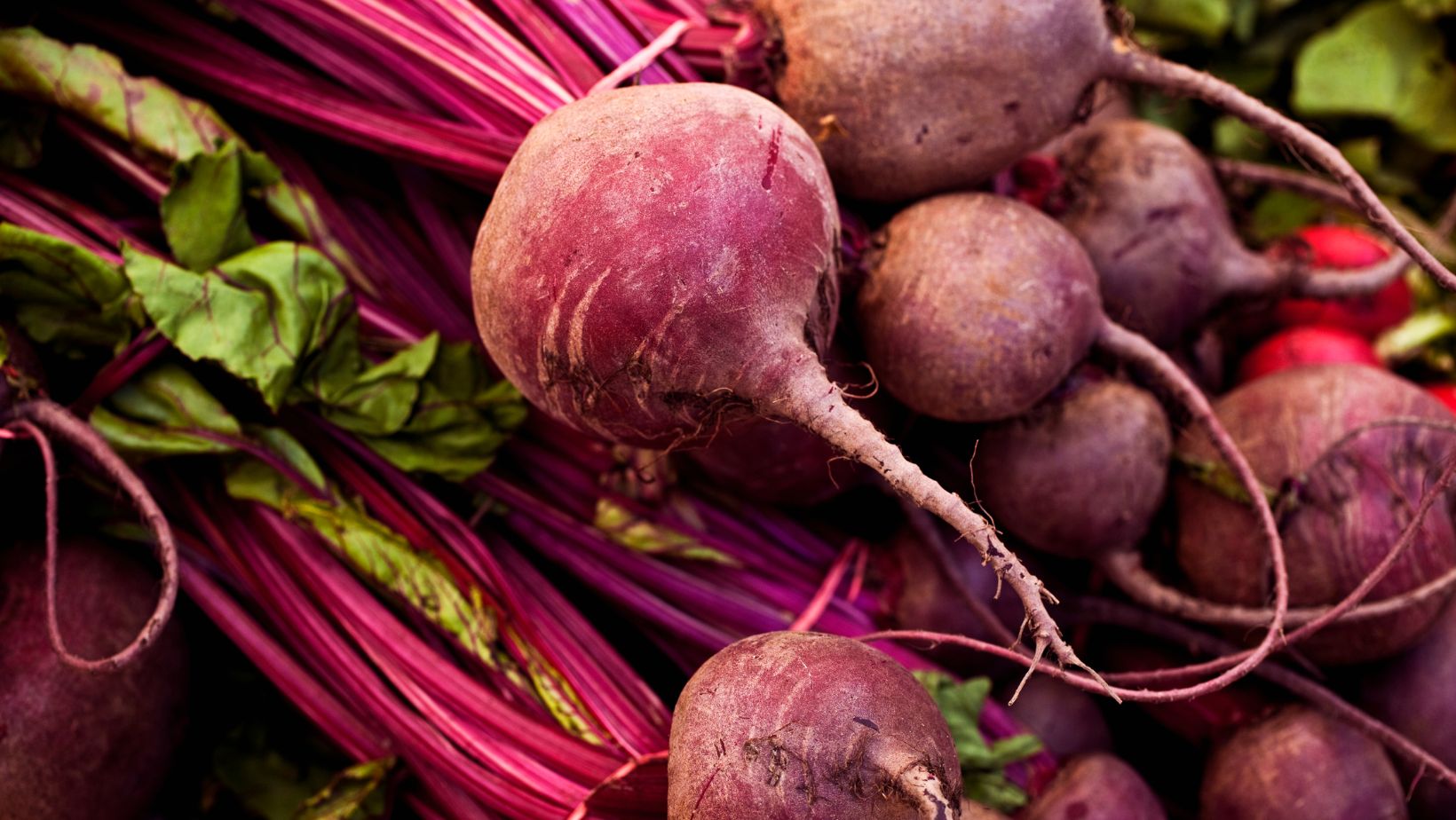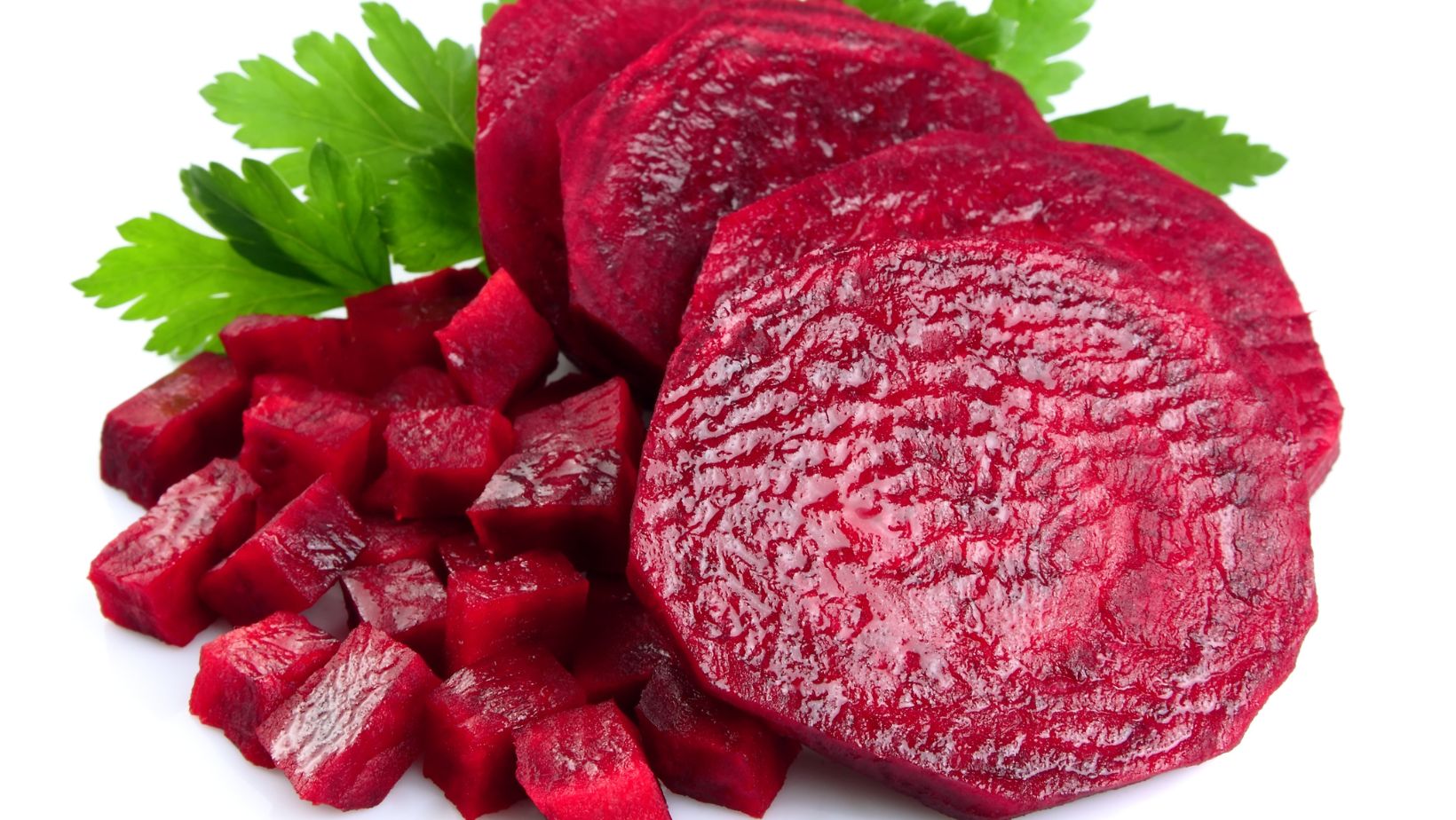
Are Beets Ok for Keto Diet
When it comes to the keto diet, the primary goal is to minimize carbohydrate intake to induce ketosis. Beets, being a root vegetable, do contain a certain amount of carbohydrates. One cup of cooked beets contains approximately 13 grams of net carbs, which is quite significant for those following a strict keto regimen. However, it’s important to note that beets also offer a range of health benefits. They are packed with essential vitamins, minerals, and antioxidants, making them a valuable addition to a balanced diet. So, if you’re following a more lenient version of the keto diet or are in a maintenance phase, incorporating beets in moderation could be an option.
While beets may not be the most ideal choice for those strictly following a keto diet, they can still be enjoyed in moderation by individuals who are more flexible with their carbohydrate intake. Remember, it’s always best to consult with a healthcare professional or a registered dietitian before making any significant changes to your diet. They can provide personalized advice based on your specific health needs and goals. So, if you’re considering incorporating beets into your keto journey, it’s wise to seek professional guidance to ensure you’re making the right choices for your body.
Nutritional Value of Beets
Fiber in Beets
Beets are an excellent source of fiber, which plays a crucial role in maintaining a healthy digestive system and promoting feelings of fullness. A 1-cup serving of cooked beets provides around 3.8 grams of fiber. Fiber not only aids in digestion but also helps regulate blood sugar levels and can contribute to weight management.
Vitamins and Minerals in Beets
Beets pack a powerful punch when it comes to vitamins and minerals. They are a great source of folate, manganese, and potassium. Folate is important for DNA synthesis and cell division, while manganese supports bone health and plays a role in carbohydrate metabolism. Potassium is essential for maintaining proper heart rhythm and blood pressure. Beets also contain vitamin C, which is an antioxidant that supports a healthy immune system.
In addition to these key nutrients, beets also contain smaller amounts of other essential vitamins and minerals, including iron, magnesium, and vitamin B6. These nutrients are important for various bodily functions, such as oxygen transportation, energy production, and brain health.
It’s important to note that the nutritional value of beets can vary depending on whether they are cooked or raw. Cooking methods can affect the nutrient content, so it’s important to ensure that beets are prepared in a way that retains their nutritional benefits. Steaming or roasting beets can help preserve their nutrients while enhancing their natural flavors.
Beets on a Keto Diet
Carbs in Beets on Keto Diet
When following a ketogenic diet, it’s essential to keep your carbohydrate intake low to maintain ketosis. Beets, with their natural sweetness, may raise concerns about their carb content. However, it’s important to note that while beets do contain carbohydrates, the majority of these carbs come from fiber.
Fiber is indigestible and does not contribute to your net carbohydrate count. Subtracting the fiber from the total carb content gives you the net carbs, which is what matters on a keto diet. With beets, the net carbs are relatively low, making them a suitable option for those following a ketogenic lifestyle.
Moderation is Key
While beets can be enjoyed on a keto diet, it’s important to consume them in moderation. Consuming excessive amounts of beets may increase your carbohydrate intake, which could potentially take you out of ketosis. It’s crucial to track your carbs and fit beets into your daily carbohydrate allowance.
Including beets in your keto diet can bring a variety of essential nutrients to your plate. They are an excellent source of fiber, vitamins, and minerals, including folate, manganese, potassium, and vitamin C. These nutrients can support overall health and well-being.

